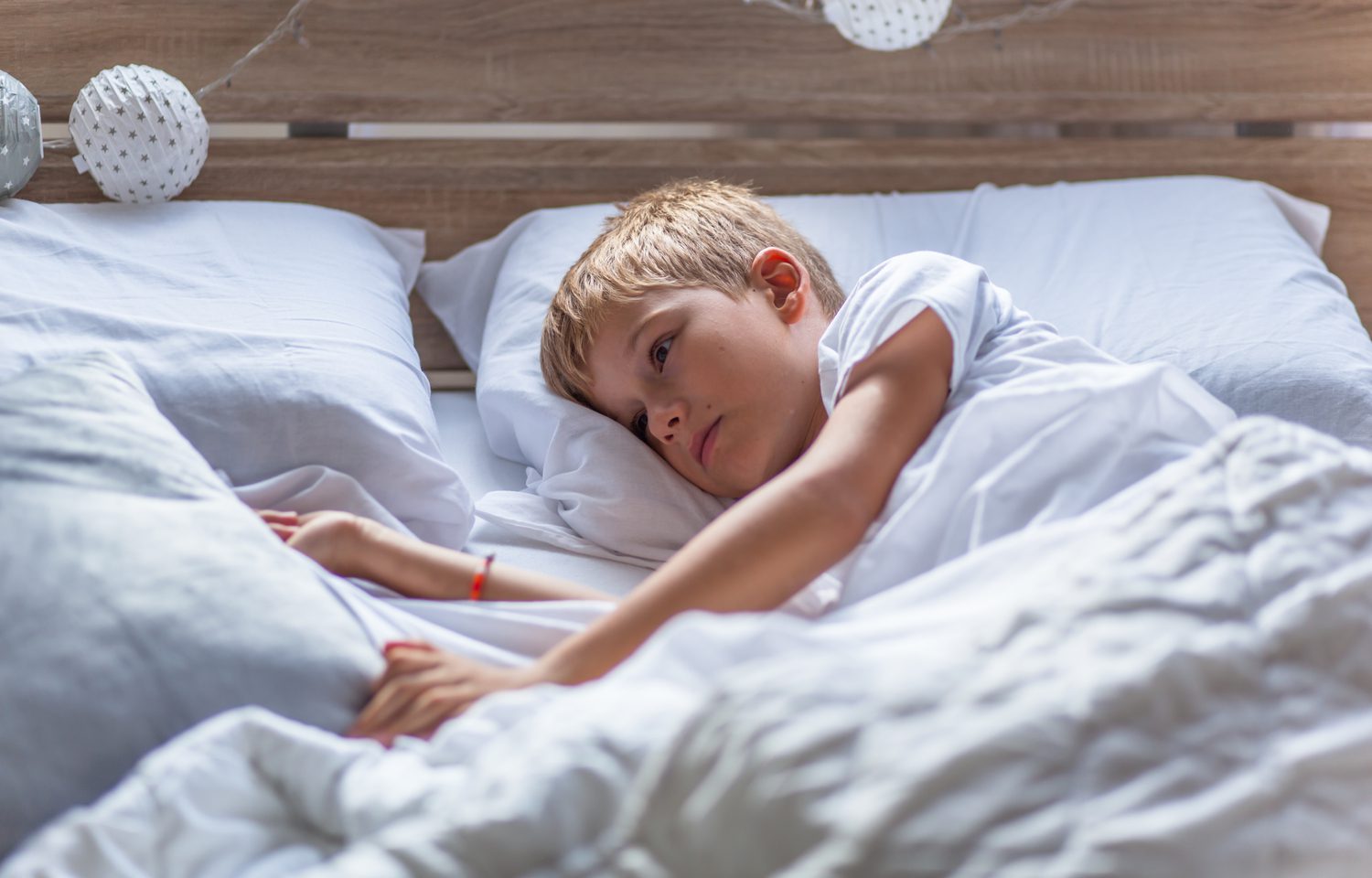Are you struggling with insomnia? It’s not all on your own. A lot of people experience this issue, and it’s the result of several factors, such as inactivity or medication, depression or anxiety, chronic illness, and maybe bad sleep habits. The term insomnia can be defined as a condition that causes difficulties sleeping.
There are several types: chronic, acute, comorbid sleep-onset, and sleep-maintenance insomnia. We’re going to outline the most effective strategies to combat insomnia.
Cut Down on Naps
Even though people always take a nap during the day to replenish lost energy, this routine could hinder their next sleeping pattern. Make sure to keep your sleeping pattern and duration consistent. Short breaks of rest during the day drastically reduce your ability to sleep.
Make sure you don’t do too much at night.
Apart from sleeping, the majority of people make use of their beds for various things, such as reading, doing hobbies, or playing mobile and computer games, in addition to other things. Be sure to plan your bed primarily for sleeping. If you find falling asleep difficult, you might find advice from the experts useful. Thanks to the advice posted on the site, you’ll find it simple to get a swift and better night’s sleep. Be sure to stay away from things that can disturb your sleep, like listening to loud music or watching TV.
Make sure your thinking remains calm.
Are you stressed? Do you want to lower your stress levels and let yourself relax? You can discover and apply numerous methods of relaxation that will soothe your body and mind so that you can relax quickly. These include listening to calming, low music, imagining relaxed breathing, and methods to relax your muscles. Always attempt to put your worries to sleep on your mind prior to getting ready to sleep.
Establish a waking schedule.
Be sure to set a regular wake-up time so that your body adjusts. The majority of people awake early on weekdays and later on weekends. However, it is important to establish a regular start time to direct your body on the best time to go to bed and when to get up. If you tend to wake up later, it could affect your sleep schedule.
Watch out for stimulants.
Intoxicants like caffeine and nicotine can significantly alter sleep patterns when consumed in uncontrolled quantities. It is advised not to drink tea or coffee before bedtime since they are high in caffeine, which can cause sleep disruption and may cause frequent awakening. Alcohol can also disrupt sleeping patterns as you must get rid of yourself every occasionally and especially when you drink in large quantities. Patients on medication must always consult their doctor regarding when and how to take their medication, particularly ones that contain stimulants.
Engage in Regular Exercise
Regular exercise will improve general health and allow people to sleep well. Do your best to exercise every day, and it should be completed a few hours prior to getting ready to go to bed, and not in a hurry. A good workout keeps your body and mind more active throughout the day, and allows them to rest and relax quickly at night. A tired body and mind will sleep quickly, in contrast to those who have been inactive throughout the day.
Consumption of Food and Drinks Before Sleep
Try not to consume food and drinks for a few hours before bedtime. This habit of eating will allow digestion to occur easily before going to sleep. When you go to bed immediately after eating and drinking can cause insomnia because of the digestive process and could lead to waking up in the restrooms. People suffering from heartburn or gastroesophageal reflux should have their meals earlier before bedtime to ease their condition. Health experts recommend eating for two up to three hours prior the time of bedtime.
Establish a Great Sleeping Environment
The bedroom must be comfortable enough for you to get a good night’s sleep. Make every effort you can to minimize the amount of light, noise temperature, as well as other types of disturbances. It is best to make sure your bedroom is not facing traffic-scorched highways, busy streets, or noisy neighbourhoods. Make sure you have a good mattress that is comfortable and bedding. It is recommended to keep your beddings in order and free of pests like bedbugs and insects. Do not allow any disturbances within your bedroom.
Before you go to bed, clear your head.
Are you worried about the day ahead? Not during your sleeping time. Make sure you sleep in a relaxed state. Write down your plans for the next day’s schedule before going to sleep. Make sure you’ve solved the issue that is causing you anxiety before going to bed. This will calm your body and mind, which will make sleep more comfortable.
Scientifically speaking, healthy adults should sleep between 7 and 9 hours a day. Children and teenagers require more sleep hours. Be sure to avoid sleepiness at all costs by observing these tips and practices. This article provides the most effective tips to reduce the risk of insomnia and improve your sleep habits. Use the tips in this article to enjoy a great sleep and improve overall health.




